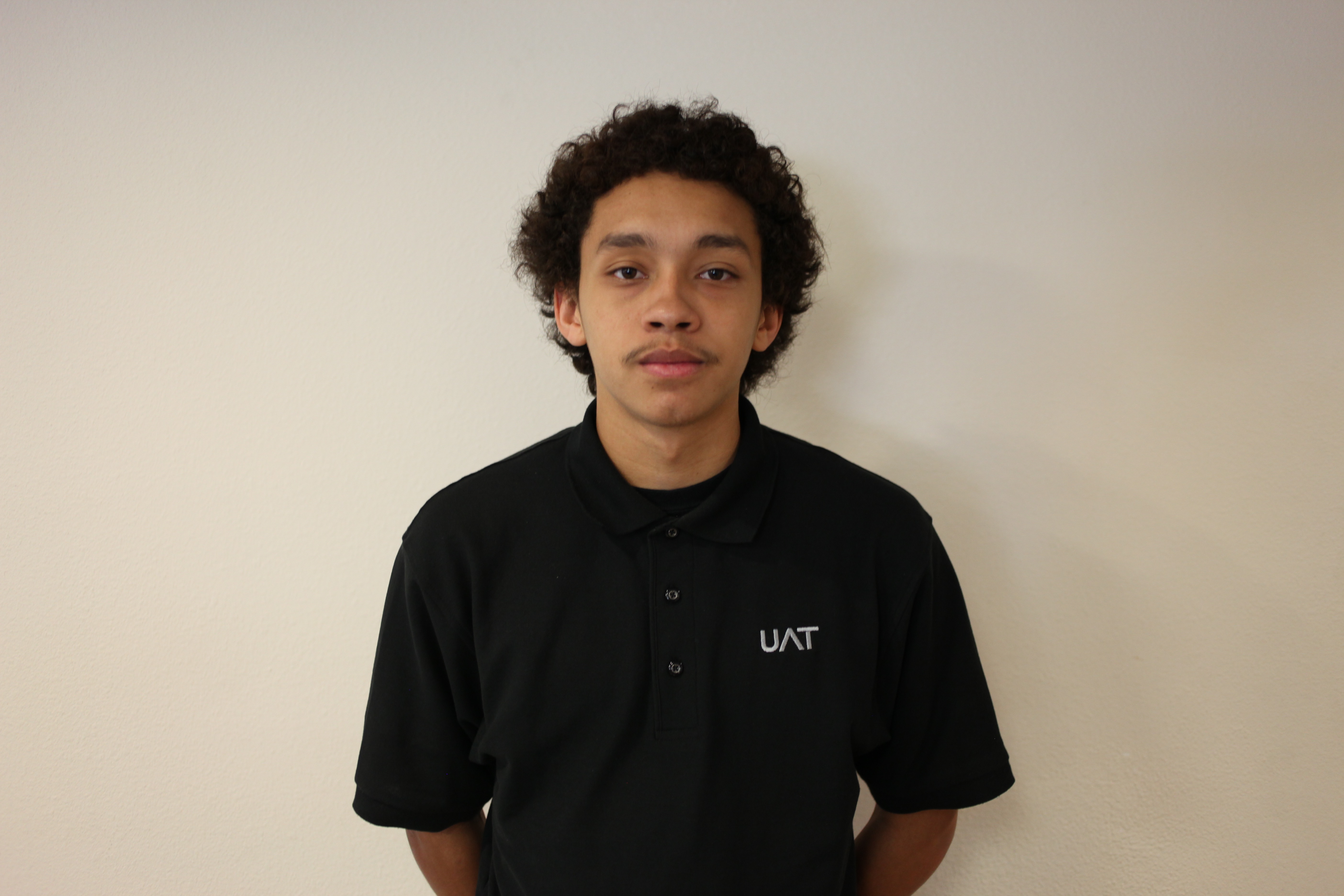Passionate People
It may be kind of a silly thing to say, but most of the people who want to work in the entertainment industry are those who want to create content that they love to make. Why bother creating something that you hate, right?
Artists are always inspired to make someone feel a certain way when looking at a piece of art, and the same is true for storytellers who want a story to really drive home some kind of deeper meaning (with the deeper meaning sometimes being that there is no deeper meaning in the first place). Even designers seek to push the boundaries of what is possible within gameplay, or possibly try to combine some of their favorite mechanics together to create something that they would find fun.
There's that saying "if you're doing what you love, you'll never work a day in your life", and while that's not always true it is very much descriptive of those creative minds who are just obsessed with what they do. Everyone wants to do something that they love to do. Of course, that isn't always what happens.
Dreams Dying
In fact, one of the most noticeable trends in the movie and game industry is sequelitis. TV Tropes writes, "As the number of films in a series grows, the probability that the latest entry will be terrible increases geometrically." There are tons of movies that show this is commonly true. For example, how about Spy Kids 4? Did you even know there was a Spy Kids 4?
Gaming runs the same risk, with yearly releases of Call of Duty, Assassin's Creed, Super Mario, and other franchises flooding the industry with sequels. The Sonic franchise is probably the worst culprit with the most recent critical failure of Sonic Boom on top of releases like "Sonic 06'". These games are less and less about passionate developers making something that they love, and more about meeting the bottom line. Bigger companies like EA have been especially notorious in the past for pushing out as many products as possible in the hopes of a quick profit, even if the product itself was haphazardly put together.
Importance of being Earnest
Ironically enough though, it was at EA's press conference during E3 2015 that really showed me how important passion is for game development.Most of EA's press conference had been milking the cash cow that is Star Wars, and announcing several sequels to pre-existing franchises like Need for Speed. Suddenly you have a trailer with a cute yarn character navigating an absolutely beautiful environment.
The game Unravel took the media by storm when Creative Director Martin Sahlin walked out on stage with a handmade version of the main character, Yarny. Hands shaking, he talked about what kind of game he was hoping to make. The quote on the official website from the Creative Director reads, "I wanted to make something more personal, something with more impact. The game didn't have to change the world, or even try, but it had to be genuine, it had to have a deeper meaning. It had to have heart." You can check out Unravel's presentation from E3 2015 below (heads up, that's also their entire presentation).
https://youtu.be/a9Kc66H7Pgw?t=18m5s
So what did Unravel have that the other games didn't? It had passion. The presentation was genuine, and the speaker wasn't just some paid presenter or corporate head, but someone who was fully involved with making this game a reality. In fact, Bethesda's conference had a very similar feel (though there was also far more blood and far less yarn). The developers were genuinely excited about what they had been making and couldn't wait to see how people would react when they finally got their hands on the finished product.
The Difference
Sure people are drawn to sequels the same way people like getting the same sandwich every time they go to Subway.
People are also drawn to products and companies that they can empathize with or think "understand them". It's the difference between a friend telling you to check out a product versus seeing a commercial for it on TV. It's why when I was a kid, General Mills tried to convince me adults couldn't see why kids love Cinnamon Toast Crunch. Humanizing a product makes it that much more desireable.
The flipside of the coin is people who are passionate about what they do make better products. That's why so many ex-Rare Ltd. developers decided they wanted to create Yooka-Laylee. Keiji Inafune left to create Mighty No. 9 which pulls a lot of inspiration from the Mega Man franchise he helped to create. Yuji Naka, one of the original developers of Sonic the Hedgehog, left SEGA to create games he was passionate about.
Just look at Shigery Miyamoto who has worked at Nintendo since before the creation of his beloved franchises like Super Mario, Star Fox, and Zelda. He continues to try to make new ideas like Project Guard and Project Giant Robot.
So I think what is important to take away from this is never to underestimate how much genuine passion can drive the creation of amazing content as well as the consumer interest in the project. On a smaller level it's making sure to really do your best. Half-assed work may be easier but in the long run it'll end up being repetitive, uninteresting, and uninspired.






Comment